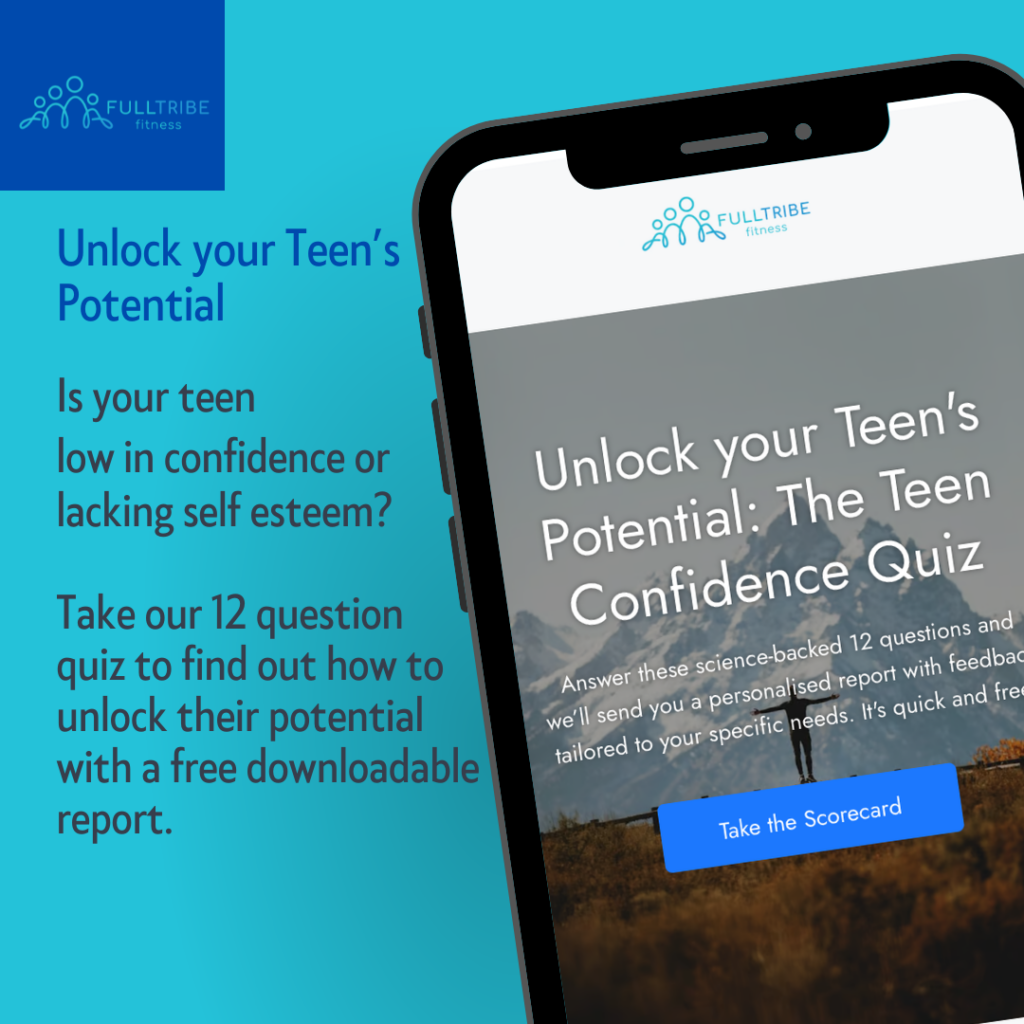How To Build The Best Environment For Emotional Growth For Your Family: Part 3
This article is about creating the best environment for your family to be effective at communicating and developing a healthy and resilient mindset for growth.
Acceptance, Rejection and Communication
Over the last few weeks, I have written two articles on the role of communication, neglect, attunement and acceptance. In the articles, I discussed how important the ability to provide emotional connection and support is, to make a positive impact on our children.
If you think back to experiences in your personal life you may recall experiences that lead to both positive and negative emotions. This can range from getting a new job (acceptance), rejected from the school choir (rejection) (even though according to your mum you were the songbird of our generation), or simply not understanding the rather straight forward messages that you got from your high school sweet heart (not!) (poor communication).

My point being, is that these experiences of acceptance and neglect are everywhere. They also create many emotions that are simple and precise, to confusing and complex. Throughout all these experiences is the opportunity to be able to accept, process and improve ourselves on the other side.
If we aren’t able to make sense of the situations and the experiences and be mindful of our emotions, it can mean that we don’t move on. We can become stuck in the “if onlys” and “it’s not fair” etc. which stops us from acting on our values and we don’t realise our potential.
If we zoom out and look at this issue through the lens of the parent or the person in the supportive role. We can better understand that playing a supportive role in a family or a community is about providing a positive experience for others, particularly during stages of development. This can help to build a future that is emotionally conscious and understanding.
For yourself as a parent or supporter, how do support your family and community?
Are you clear in your actions?
Do you like to stir the pot with mixed messages?
The Ideal Environment For Emotional Growth
For those that are in the developmental stages and are learning at an accelerated rate, such as a child, effective communication can help your child to thrive. Validating a child’s (or an adults) emotions can create a well-rounded individual that will be able to communicate effectively. This is important in a social situation and also in periods of high levels of stress.
“Parental attunement is a core dimension, defined as the parental ability to be responsive to child signals, understand them, and respond appropriately, while adjusting to the child’s needs”
https://www.ncbi.nlm.nih.gov
Just look at how you respond to certain situations, whether it’s walking into a room of strangers or dealing with an incredibly stressful event where communication is key.
Without the ability to be conscious of our emotions and be attuned to them, we won’t be able to act on our emotions in a effective manner. If we refer back to the previous article, Case Study 2, taking an unvalidated action may not lead to a helpful outcome but one that puts yourself or others at risk.
The difference between Case Study 1 and Case Study 2 were apparent. Case study 1 lacked clarity, confidence and felt neglected, all affecting his communication skills. Case study 2, although came from a disadvantaged background, had strong communication skills and was much more attune to his emotions thanks to the supporting emotional environment.
How We Can Put Our Actions Into Practice
Let’s focus on some of the more practical aspects so we can see how it plays out in real life.
For example, eating our dinner in front of the television. It’s not exactly child neglect if mum or dad like to spend quality time in front of the tv when eating dinner. It may just be a way to decompress after a big day, not necessarily them choosing to neglect their child.
Or, child abuse when brushing someone’s knotty hair and pulling a little too hard when trying to get a knot out that Houdini couldn’t escape from… These things can get lost in translation and cause a mix up in communication. They can just be withheld emotions that are looking to be released.
Therefore, practicing mindfulness in these situations and living in the moment is going to help create an environment that is ideal for attunement. Instead of watching tv at dinner, turn it off and just chat, enjoy your nutritious meal and debrief about the day and find where the conversation goes. If it’s dealing with knotty hair, understand that no one wants to be having a tug of war with a lion and their mane, but taking a breath and finding a way to communicate in this moment.
We will never be perfect and there will be times when we let our guard down and THAT IS OKAY.
However, conscious practice will help us understand and improve as we grow and improve as an individual and supporter.
Let’s Focus On What We Can Do
If you are a busy parent, you don’t have all the time in the world to put in the effort. You just need to be good enough which is about small pockets of quality time e.g., dinnertime conversations or 5-10 minutes of mindful activity with your child per day. This is something that I always check with my clients first, is this achievable? No need to make big promises that won’t be achieved, but starting with something incredibly simple and working up from there.
Being able to discuss our values openly and with each other can really help you be the family and the person you want to be. Many of my clients’ values are different and the way they act on them vary depending on what is available to them and what they hold most strongly to their chest.
The main thing is to ensure that you hold them in alignment.
Until next time,

References:
Di Renzo, M., Guerriero, V., Zavattini, G. C., Petrillo, M., Racinaro, L., & Bianchi di Castelbianco, F. (2020). Parental Attunement, Insightfulness, and Acceptance of Child Diagnosis in Parents of Children With Autism: Clinical Implications. Front Psychol, 11, 1849. doi:10.3389/fpsyg.2020.01849








